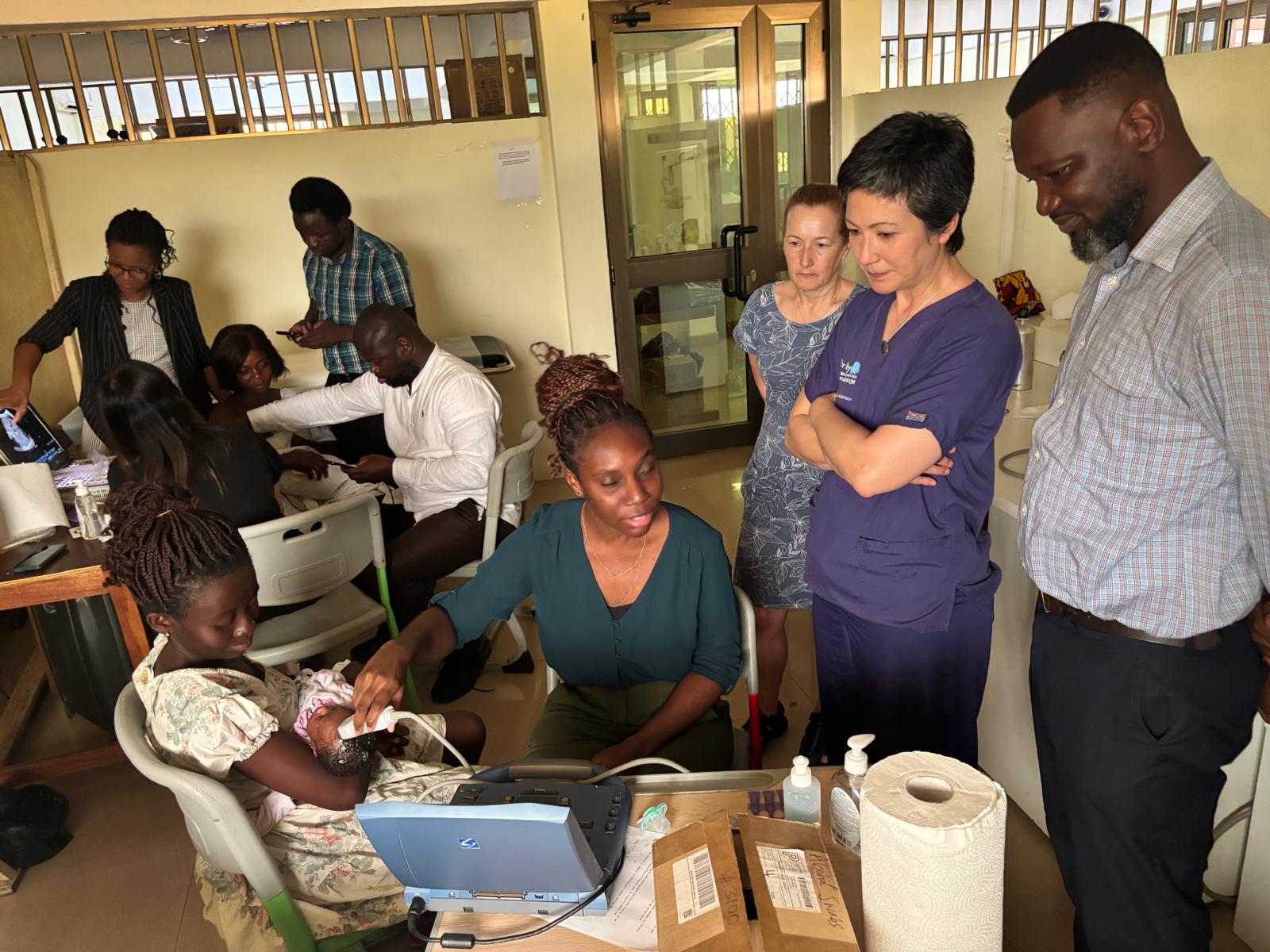
Health & Fitness
NHS North West Medical Director for Primary Care urges Women to take up NHS cervical screening invitations
2 years ago

Women and people with a cervix are being urged to attend NHS cervical screening when invited after new figures show three in ten of those eligible for screening in the North West do not take up the potentially life-saving offer.
The NHS invites women and people with a cervix for screening every three to five years depending on their age, or more frequently if the high-risk human papillomavirus (HPV) is detected, with the programme saving thousands of lives annually.
The NHS Cervical Screening Programme, England 2022-2023 annual report, published by NHS England today, found in the North West.69.% of 25 to 64 year olds had attended screening compared with 70.6% the previous year. Proportionally 50 to 64 year olds nationally was higher in that group.
Tricia Spedding, Head of Public Health, NHS England North West said:
“Cervical screening – also known as a ‘smear test’ – saves thousands of lives by preventing cancer. I would encourage women and people with a cervix, such as trans men and non-binary people assigned female at birth, to take part.
“Some people may find cervical screening uncomfortable but there are ways to make your appointment work better for you. When booking, ask for a longer time slot, so you can speak through any concerns you may have. And remember, you are in control of your appointment.”
In 2022-23, everyone who was due a test – a total of 4.62 million individuals aged 25 to 64 in England – was invited to book an appointment, and 3.43 million attended screening during the year.
Screening helps prevent cervical cancer by using a highly effective test to check for HPV, which is found in over 99% of all cervical cancers and which may cause abnormal cells to develop in the cervix. These abnormal cells can, over time, turn into cancer if left untreated.

NHS England North West Medical Director for Primary Care – Dr Paula Cowan said:
“We know regular screening and early detection of abnormal cells can make a huge difference in treatment and outcome for patients who are diagnosed with cervical cancer.
“When you receive your invite to book your cervical screening appointment don’t hesitate. The procedure isn’t painful and takes a few minutes but can make the difference to your treatment should your results come back with abnormal cells.
“Be brave and book your appointment, if you have any questions about cervical screening, please contact your surgery and speak your practice nurse or doctor”.
Last week the NHS pledged to eliminate cervical cancer by 2040 by making it as easy as possible for people to get the lifesaving HPV vaccination and increasing cervical screening uptake.
It is still important to attend cervical screening appointments if you have been vaccinated against HPV as the vaccine does not provide protection from all types of HPV, so there is a still a small chance of getting cervical cancer.
People can contact their GP practice to arrange a cervical screening appointment, and some sexual health clinics also offer cervical screening. England is among the first countries in the world to set the elimination ambition for cervical cancer within the next two decades.
The World Health Organization considers cervical cancer to be eliminated as a public health problem when there is an incidence rate lower than four per 100,000 women.
Health and care professionals will be supported to identify those who most need the HPV vaccine through targeted outreach and offering jabs in more convenient settings.
The HPV vaccine prevents invasive strains of the virus, known to cause almost all cervical cancers, as well as some mouth and throat cancers. It is given to both girls and boys in secondary school to protect them against catching the HPV infection and developing into pre-cancerous and cancer cells.









 Subscribe
Subscribe Follow Us
Follow Us Follow Us
Follow Us Follow Us
Follow Us Follow Us
Follow Us Follow Us
Follow Us











